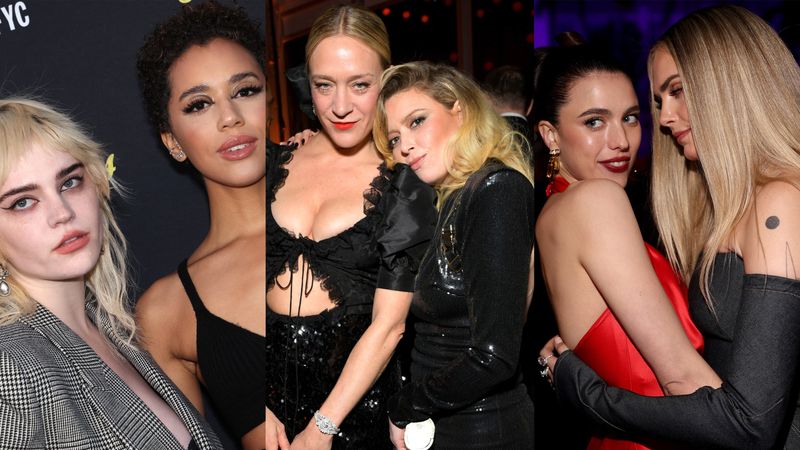Angela Yvonne Davis ( 1944 - )
Scholar, Political Activist, Author
In 1970 Angela Davis was the third woman in U.S. history, and the only lesbian to date, to appear on the FBI’s Most Wanted List. Charged with conspiracy, kidnapping, and homicide for allegedly providing an arsenal of weapons to Black Panthers who used them to kill a Marin county judged in a failed attempt to free her then imprisoned lover, George Jackson, Angela Davis because a cause celebre and an international icon of the Black Liberation Movement of the 1960’s and 1970’s.
Fleeing from the FBI Angela Davis was apprehended two months after the killing, and Cuba was the first country to not only see Davis as a political prison but was also the first country to put up posters on her behalf, that later other countries around the world also did, saying “Free Angela Davis.” Eighteen months after her capture Davis was acquitted on all charges.
Davis’s trademark Afro hairstyle identified her as advocating for a radical overthrow of the U.S. government and its capitalist class by violence that was associated with the Black Party albeit Davis viewed black nationalism as a barrier to grappling with capitalist domination of working class people of all races.
"It is both humiliating and humbling to discover that a single generation after the events that constructed me as a public personality, I am remembered as a hairdo."
Born in Birmingham, dubbed “Bombingham” Alabama during America’s Jim Crow era, Davis saw violence first hand. Davis grew up in a neighborhood called “Dynamite Hill” because of the huge number of African American homes bombed by America’s homegrown terrorist group, the Ku Klux Klan. In 1963 Davis knew and was personally affected by the four young girls killed in the notorious Birmingham church bombing committed by the KKK.
more on next page...
\\\
(continued)
Awarded a full scholarship to Brandeis University here in Waltham, Davis was one of three African American students in her freshman class. She earned a master’s degree from the University of California, San Diego, and in 1965 she graduated with her Ph.D. in Philosophy from the Humboldt University of Berlin.
Immediately after receiving her doctorate , Davis was hired to teach philosophy at UCLA. However, Davis was fired from her teaching post at UCLA by the Board of Regents of the University of California led by then Governor Ronald Reagan because of her affiliation with both the Communist Party and the Black Panther Party. Because of the community uproar over the decision and the national and international attention the case received, Davis was later rehired.
Angela Davis is currently the Presidential Chair and Professor of an interdisciplinary graduate program titled “The History of Consciousness’ at the University of California, Santa Cruz , and the director of the Feminist Studies department.
Davis’s current activism is on abolishing the U.S. prison system that she refers to as the “prison industrial complex.” Davis states that the “prison industrial complex” intentionally does not address race, class and gender disparities that have led to a disproportionate incarceration of women and minorities.
Davis argues that the U.S. prison system must shift its strategies from punitive justice to restorative justice by systematically addressing the root causes of crime.
“We must work,” Davis says, “to transform the social and economic conditions that track so many children from poor communities, especially communities of color, into bad schools that look more like juvenile detention centers than they look like schools."










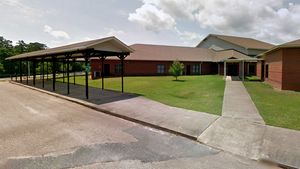




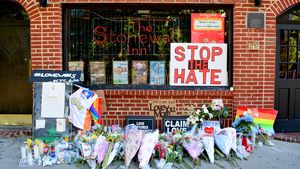






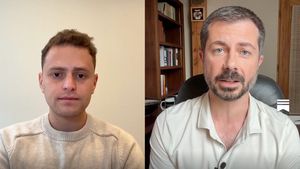

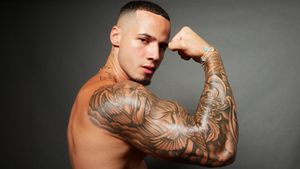

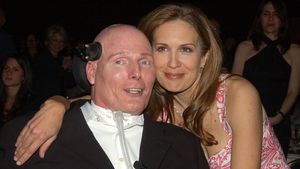























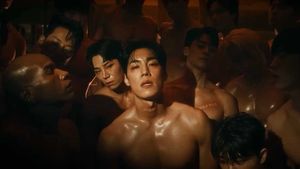






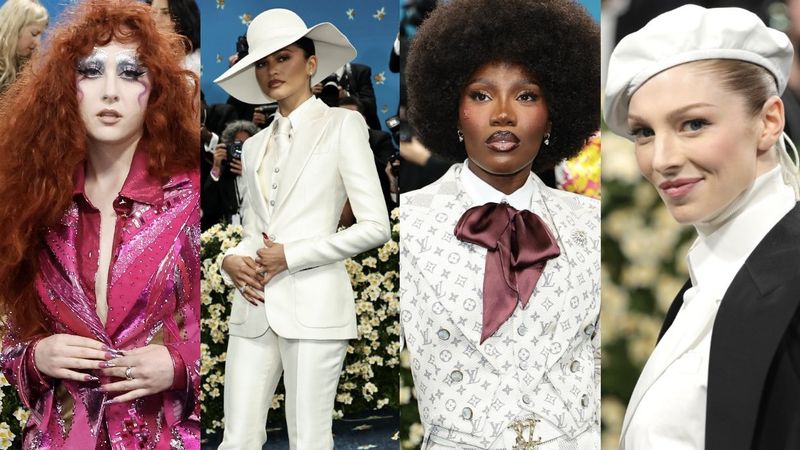



































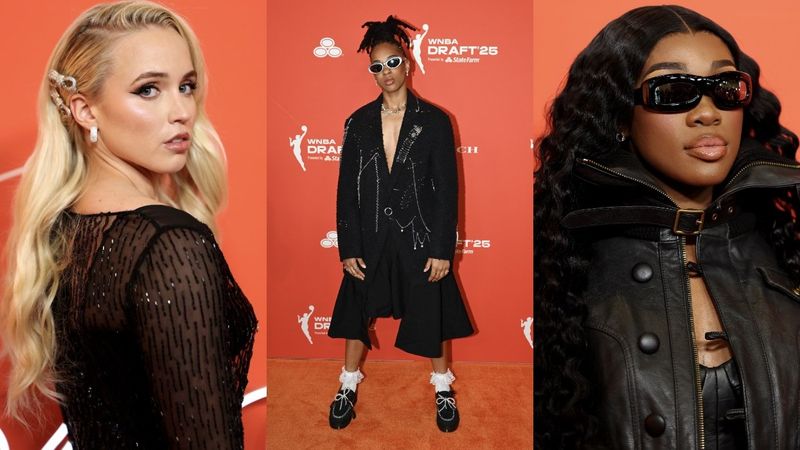
 Cindy Ord/Getty Images
Cindy Ord/Getty Images










